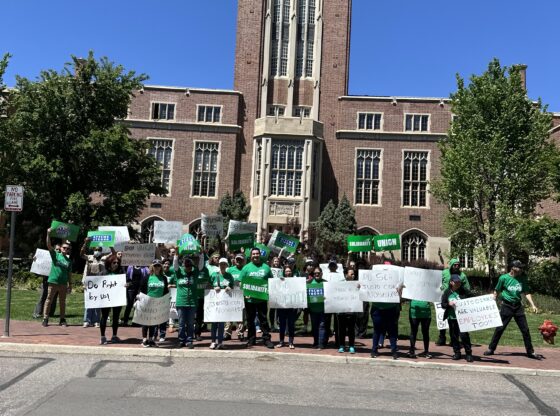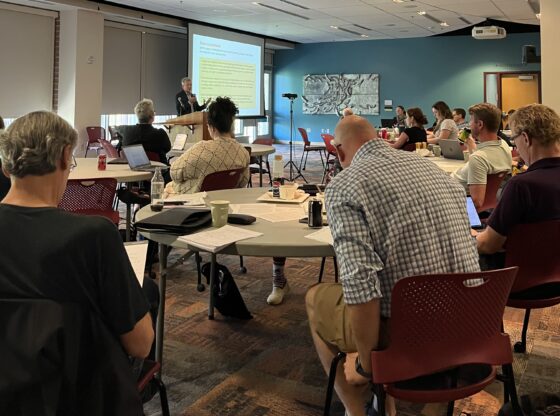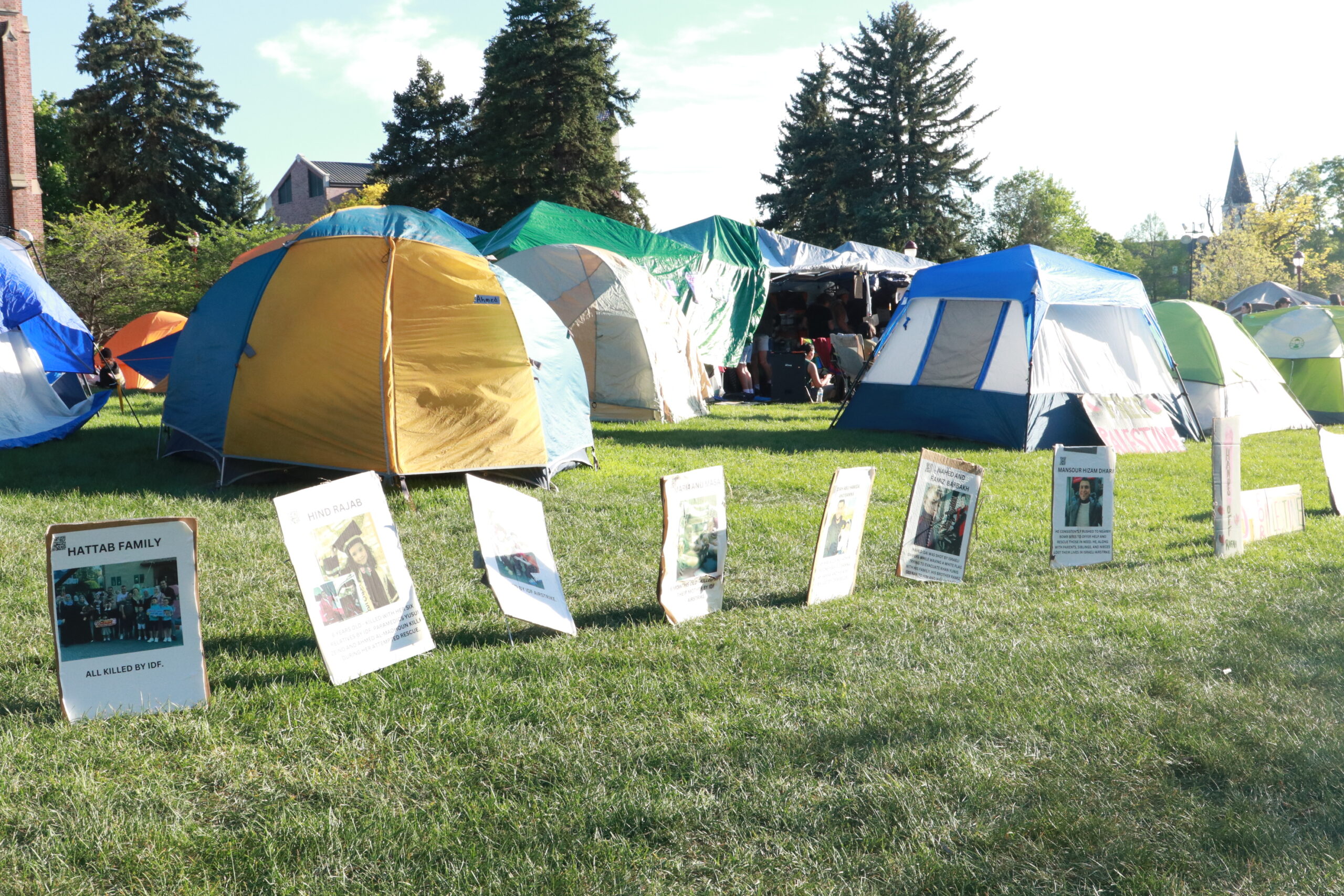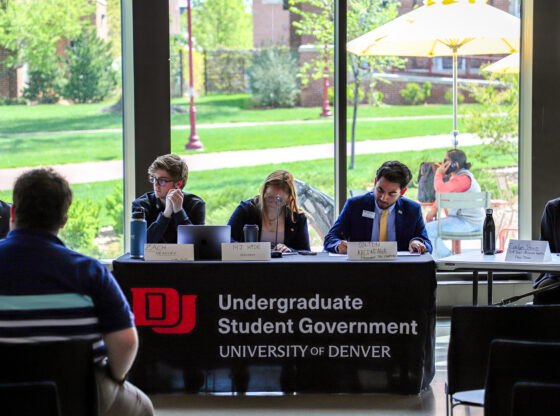Beginning fall quarter, paper bills no longer will be mailed to students, but will be sent electronically.
When DU’s new ecoBill program goes into effect, tuition bills will only be sent by e-mail to students’ DU e-mail addresses and one additional e-mail address of their choice, such as to parents.
The program applies to all undergraduate, graduate and law students starting in the fall. This will eliminate more than 50,000 paper tuition bills and envelopes each year, according to the Bursar’s website.
The switch could save the university about $40,000 dollars per year in paper, envelopes and shipping costs. This money will go towards students’ scholarships, said Bursar Kathy Shoemaker.
Although there is not an alternative to the e-mail bills, students must register for the program by July 31 if they are taking fall classes, said Janet Burkhardt in the Bursar’s office. If taking summer classes, they need to register by July 1.
To sign up, students access the Student tab in webCentral, select My Statement in the middle of the Student page, select ecoBill Enrollment and choose “Paperless.” They then create a password, enter the additional e-mail address that they would like to receive ecoBills and submit the form.
Students only have to go through this process once to be enrolled in the program for the rest of their time at DU.
The main motivation for ecoBills was to reduce the environmental impact of sending out each bill in paper form, its envelope and the enclosed return envelope, said Burkhardt.
The bills also are much quicker to process, improving the efficiency of the Bursar’s office, said Burkhardt.
The Bursar has had an electronic bill pilot program in place for the past year. Based on the success of this trial program, the office decided in March to roll the program out University-wide, she said.
Currently, there are 2,000 students that have signed up for the pilot program and are receiving electronic bills.
The Bursar’s office has made efforts to ensure the bills will be sent securely. The bill comes in a PDF document so it cannot be altered.
Burkhardt said another university that has implemented electronic bill pay is the University of Northern Colorado, and that this will be a trend among other schools soon.










